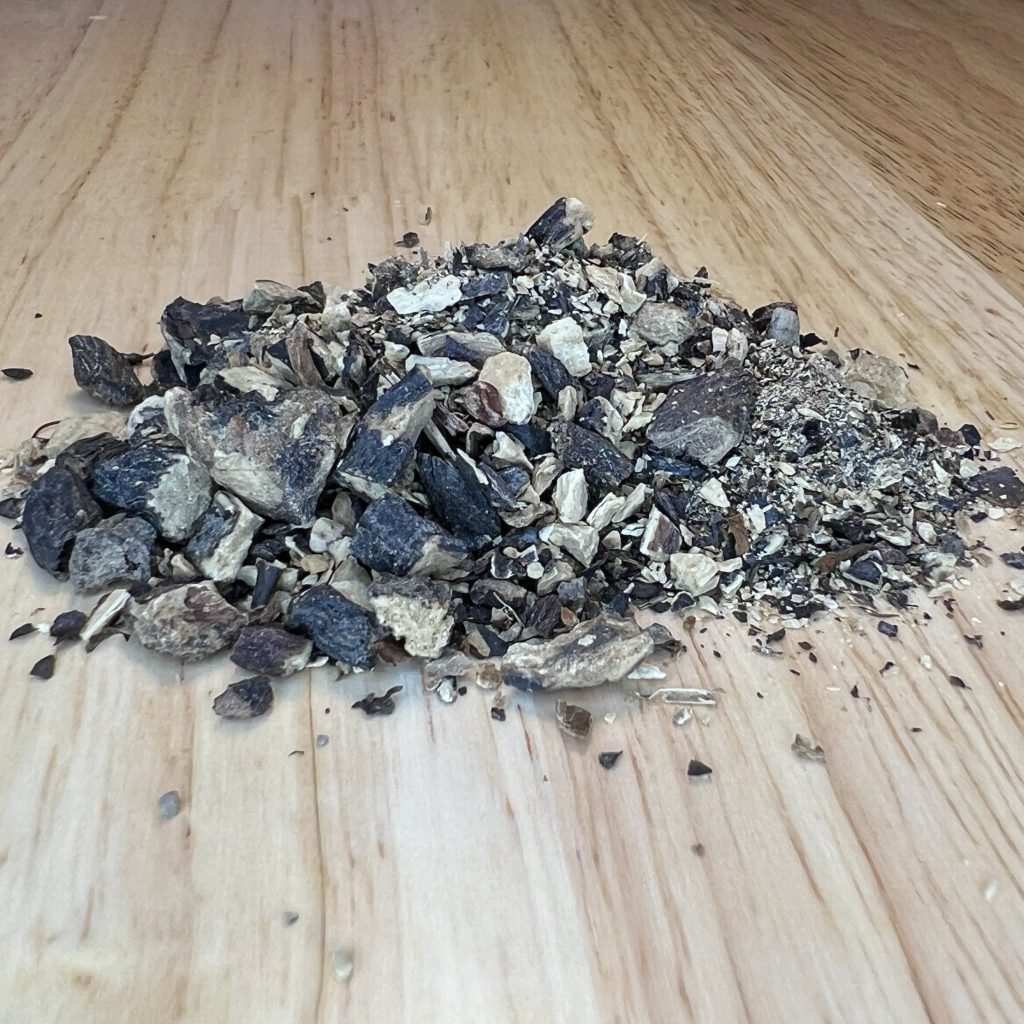Medicinal Action

Connective tissue tonic
Connective tissue tonics with cell proliferant properties work by stimulating the growth of new cells, enhancing collagen production, and improving tissue elasticity and strength. These agents are particularly useful for healing wounds, reducing scar tissue, and maintaining the integrity of skin, tendons, ligaments, and cartilage. Comfrey (Symphytum officinale), rich in allantoin, is renowned for its ability to stimulate cell proliferation and repair damaged connective tissues; external use only. Gotu kola (Centella asiatica) enhances collagen synthesis, supporting the regeneration of skin and other connective tissues. Calendula (Calendula officinalis) promotes wound healing and reduces inflammation, aiding in the repair of connective tissue. These herbs provide a natural approach to restoring and maintaining the vitality and function of connective tissues.



